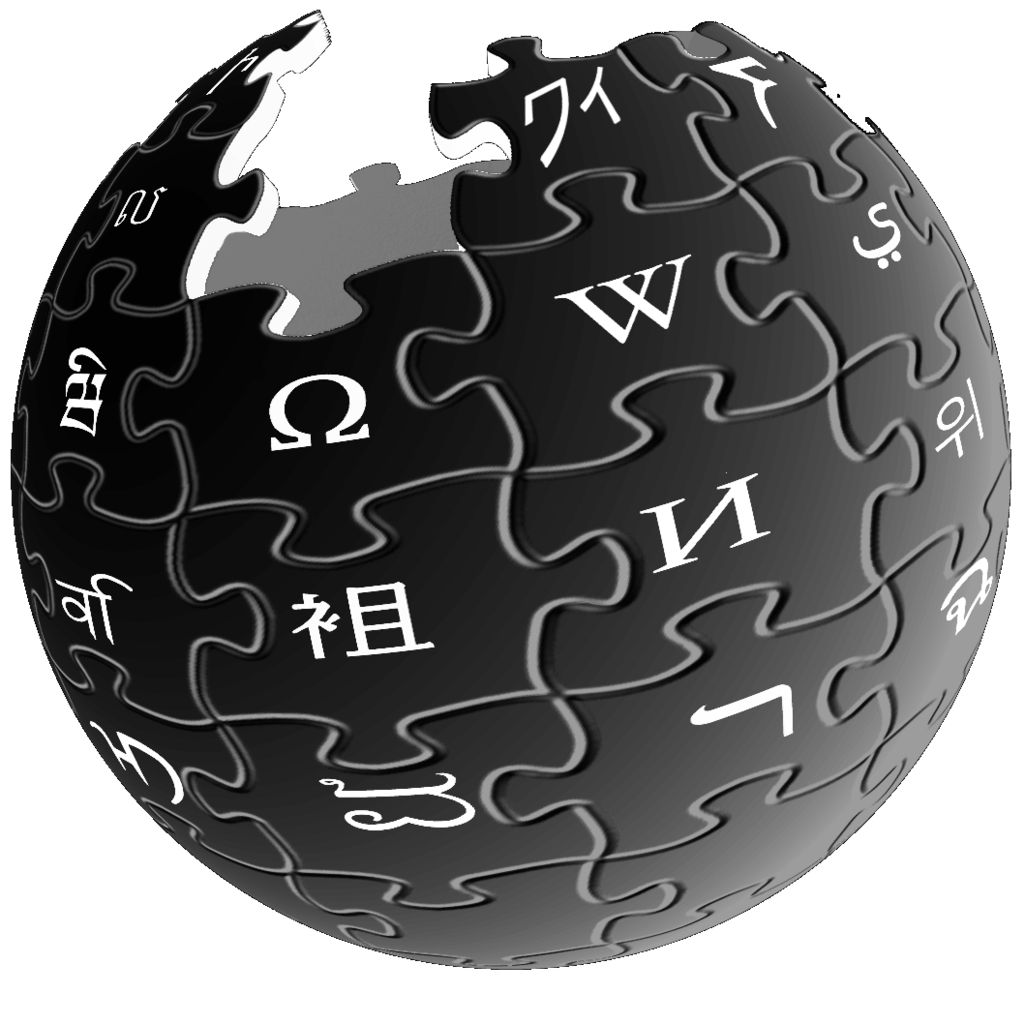|
Denigma is dedicated to dissect the aging process via in silico. Given there is not yet a conceptual framework under which the increasing amount of biological data on aging can be interpreted, the focus of Denigma shall be ontology, as it represents the crucial key information technology capable to systemize all the heterogeneous information on the aging process and therefore be able facilitate the identification of interventions to intervene with it Ontologies are of major importance in general, but especially of crucial importance for Aging Research for several reasons and the main reason is to systematize such an seemingly complex process like Aging as well as to systematize their individual resources to tackle Aging in a high efficient manner and enable the creation of a common knowledge base. Aging is often regarded as a complex multifaceted process, and Aging Research is with over 300 theories just chaotic. There is no common theoretical Framework to dissect Aging. Humans developed various complex languages for communications. If two individuals know a language they are able to discuss almost anything, because they understand the semantic of each word, sentence, paragraph, and the discussion as a whole. Computers are not human-alike, computers have problems with understanding the meaning of words, sentences, etc. Computers can differentiate one word from another because words are usually separated by non-word characters and each word is a unique combination of symbols. For a computer "abd", "cat", and "dog" are there different words. For a human "abc" is a meaningless collection of symbols, while "cat" and "dog" are either "mammals" or "common pets". The Ontology provides a computer an ability to differentiate between "abc" and "cat" and "dog". It could infer that both "cat" and "dog" are mammals, while a computer can not say what "abc" is, besides that it represents the first three letters of the alphabet without any deeper meaning. Using an Ontology, a computer is capable to work with semantics. If we create an Ontology for Aging, we would be able to create a full knowledge base of Aging-related facts, hypothesis, theories, etc. This knowledge base would contain all the semantics of all scientific publications and experiments that are related to Aging. This knowledge base would further be used for various reasons. For example,
Tags: classification, knowledge Edit this page |
 |